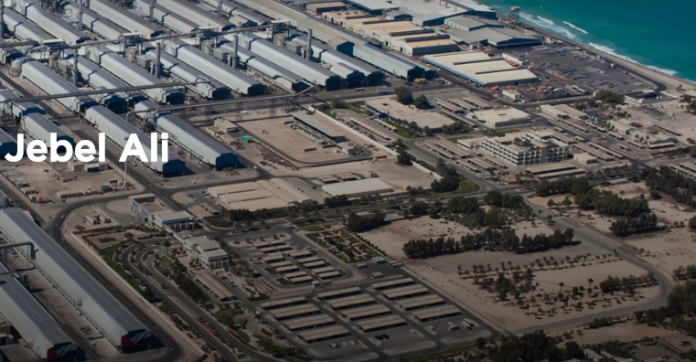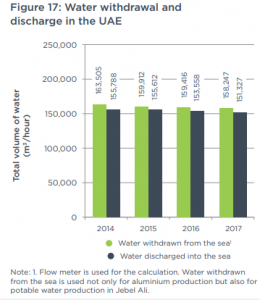UAE – Emirates Global Aluminium launches first sustainability report
- September 15, 2018
- Posted by: administrator
- Category: Environmental, Asia

The world’s largest ‘premium aluminium’ producer, UAE headquartered Emirates Global Aluminium, has launched its first sustainability report charting its environmental, social and economic performance in 2017.
EGA was the world’s largest ‘premium aluminium’ producer in 2017 and is the largest industrial company in the United Arab Emirates outside oil and gas.
The report charts the company’s performance in areas including emissions, safety, technological innovation, community engagement, waste and effluent management, and social responsibility.
The disclosures made in the report are the outcome of a materiality analysis to identify sustainability topics that warrant the greatest levels of transparency and accountability, as well as EGA’s values and commitments.
The report focuses on 2017 performance but also incorporates data for 2014, 2015 and 2016 to illustrate trends since the formation of EGA through the merger of Dubai Aluminium and Emirates Aluminium in 2014.
Owned equally by Mubadala Investment Company of Abu Dhabi and Investment Corporation of Dubai and employing over 7,200 people, EGA operates two major production facilities in the UAE – EGA Al Taweelah in Abu Dhabi and EGA Jebel Ali in Dubai.
Water plays a crucial role in EGA’s operational activities

Source: EGA Sustainability Report 2017
Water plays a crucial role in EGA’s operational activities – in the UAE, EGA uses seawater for all water needs including cooling purposes for power generation and for the extraction of SO2 from smelting emissions.
The desalination plant at Al Taweelah produces 3.75 million gallons (approximately 17,000 m3) of water per day using the reverse osmosis processThe site includes an aluminium smelter, a casthouse, a plant that manufactures carbon anodes and the EGA head office.
The facilities at Jebel Ali include a desalination which plant produces 30 million gallons (136,000 m3) of both potable and distilled water per day using the multi-stage flash distillation process. It also include a power plant with 23 gas turbines and seven steam turbines with a total generating capacity of 2,350 megawatts.
The company uses much of the water it produces via desalination itself and supplies the excess to external customers – over 95 per cent of all water withdrawn is returned to the sea. Both temperature and salinity are closely monitored before water is released back into the ocean in order to minimise any impact on the marine environment.
All of EGA’s activities are managed through a Social and Environmental Management Plan which is complemented by a series of specific management plans, including:
- biodiversity
- erosion and sediment control
- groundwater and surface water
- rehabilitation and reforestation
- dredging and waste disposal
CEO of EGA – “We recognise our role must extend beyond simple compliance or keeping up with our peers”
Abdulla Kalban, Managing Director and Chief Executive Officer of EGA, said:
“We recognise that our role must extend beyond simple compliance or keeping up with our peers. Working with our customers, regulators, shareholders and stakeholders, we intend to be an innovator and a leader in sustainability.”
EGA’s sustainability report has been prepared in accordance with Global Reporting Initiative standards, the most widely recognised framework for sustainability reporting.
Last year EGA became the first Middle East headquartered company to apply to join the Aluminium Stewardship Initiative, a global programme to foster greater sustainability and transparency in the aluminium industry.
EGA aspires to become certified to the Aluminium Stewardship Initiative’s Performance Standards, which are globally-applicable standards specific to responsible production, sourcing and stewardship within the aluminium value chain.
In 2015 EGA was tasked with developing the general guidelines for the Dubai Supreme Council of Energy’s Green Public Procurement Committee GPP, which are now rolled out to all DSCE member entities. The guidelines contribute to the energy and water efficiency strategies of the city of Dubai and to global emission reduction targets in line with international conventions including the Paris Climate Agreement.
Click here to download the EGA Sustainability Report 2017 in full
